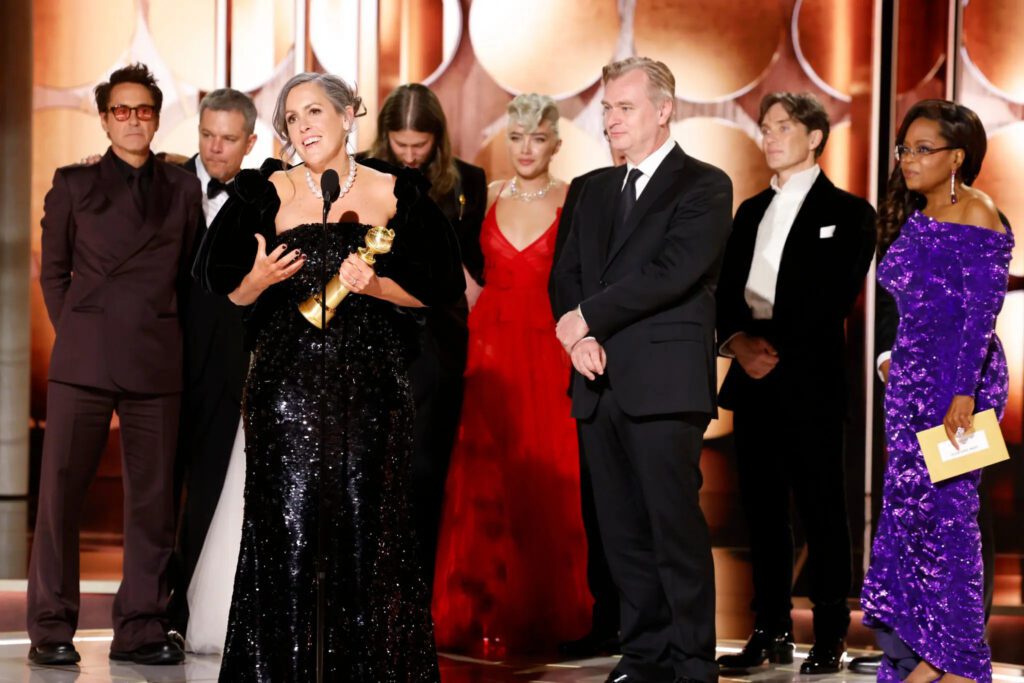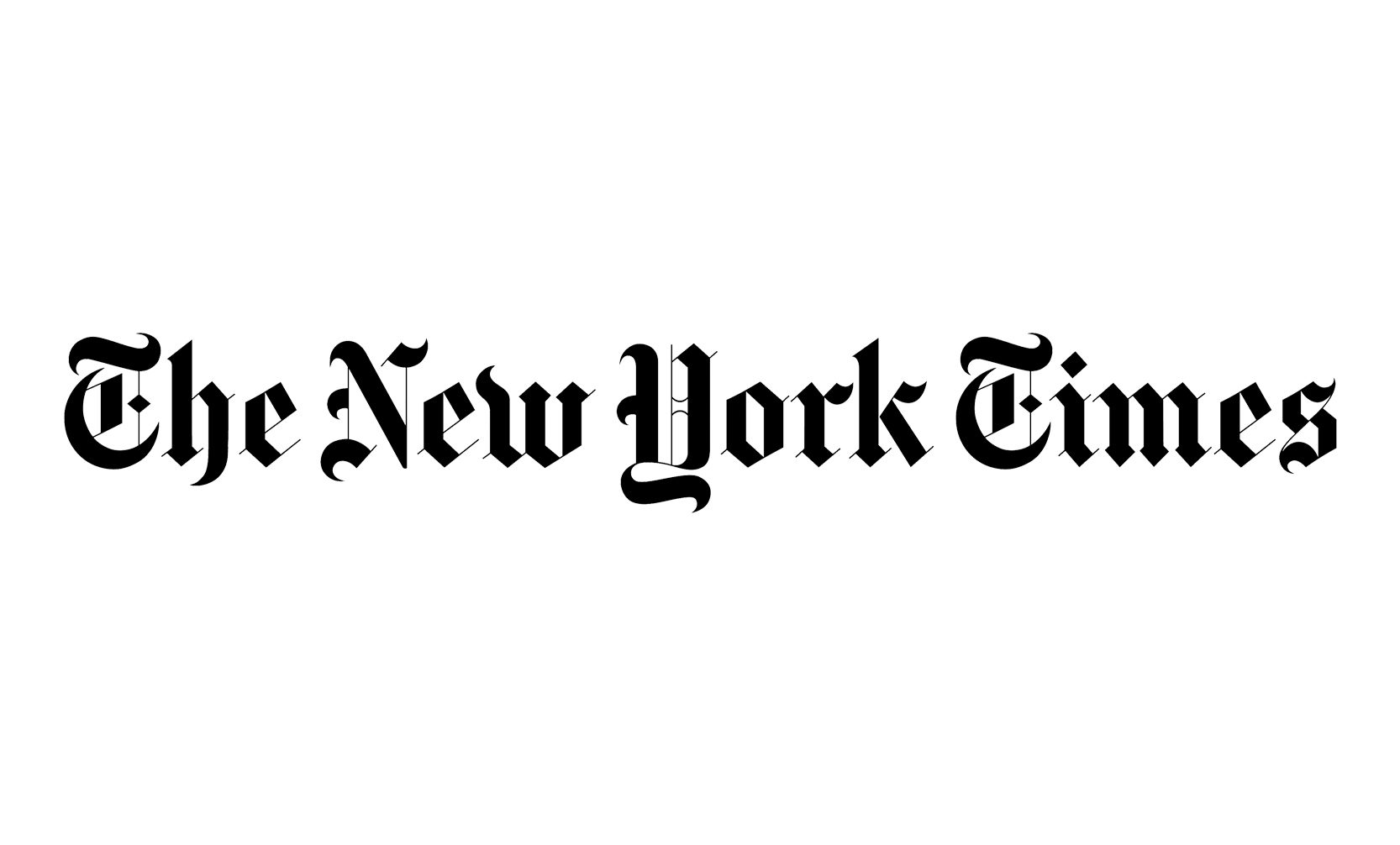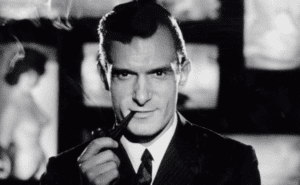“The Holdovers,” “Poor Things” and “Barbie” all won multiple awards in the film categories, while the TV shows “Beef” and “The Bear” each won three.

The 81st Golden Globes kicked off Hollywood’s awards season on Sunday in a chaotic and sloppy manner, with the host, Jo Koy, delivering a train wreck of a monologue, winners alternately seeming to take the ceremony seriously and not at all, and prizes going to a wide array of films and television shows.
“Oppenheimer,” which entered the ceremony with eight nominations, emerged as the movie to beat in the coming Oscar race, winning five Globes, including for best drama, Christopher Nolan’s directing and Cillian Murphy’s acting. “Barbie,” “The Holdovers” and “Poor Things” also won notable movie awards.
Here are the other main takeaways:
-
The most nominated film, “Barbie,” which received citations in nine categories, won two Globes, including the one for best cinematic and box office achievement, a newly created prize. Its other victory was for best song.
-
HBO’s “Succession” was the top television winner, as expected. The show collected Globes for best drama, actress (Sarah Snook), actor (Kieran Culkin) and supporting actor (Matthew Macfadyen).
-
“Poor Things,” a surreal science-fiction romance, won best movie, comedy or musical. Emma Stone, the film’s star, received the Globe for best comedic actress, while Paul Giamatti (“The Holdovers”) received the statuette for best comedic actor.
-
Lily Gladstone won the Globe for best actress in a drama for her performance in “Killers of the Flower Moon,” becoming the first Indigenous person to win the award.
-
Da’Vine Joy Randolph (“The Holdovers”) was honored as best supporting actress. Robert Downey Jr. (“Oppenheimer”) won best supporting actor.
-
Netflix’s “Beef” and FX’s “The Bear” each won three Globes. “Beef” was named best limited series, and Ali Wong and Steven Yeun collected Globes for their acting in the show. “The Bear” won the trophy for best comedy and two of its stars, Ayo Edebiri and Jeremy Allen White, were honored for their performances.
It was the first time that the Hollywood establishment had convened since the resolution of twin union strikes that shut down the industry for much of the past year. The Globes themselves were looking to turn a page by moving past an ethics, finance and diversity scandal that resulted in the sale of the show, an overhaul of its voting body and a change of network to CBS from NBC.
In recent years the Golden Globes has become known for speeches about causes and concerns, most of them progressive. Last year, the ceremony gave airtime to the Ukrainian president, Volodymyr Zelensky, who spoke about his country’s war with Russia. This time around, the host and the winners seemed determined to steer clear of politics, with hot-button subjects like the Israel-Hamas war going unmentioned.
The more the Globes change, however, the more they seem to stay the same. Just as in the past, voters spread their awards far and wide; five movies won at least two trophies. And, just as in the past, there was at least one curve ball — this year in the form of best screenplay, which went to the French film “Anatomy of a Fall.” Gold Derby, which compiles the predictions of two dozen awards handicappers, had predicted that “Barbie” would win.




